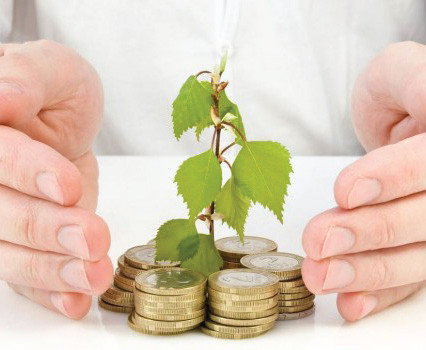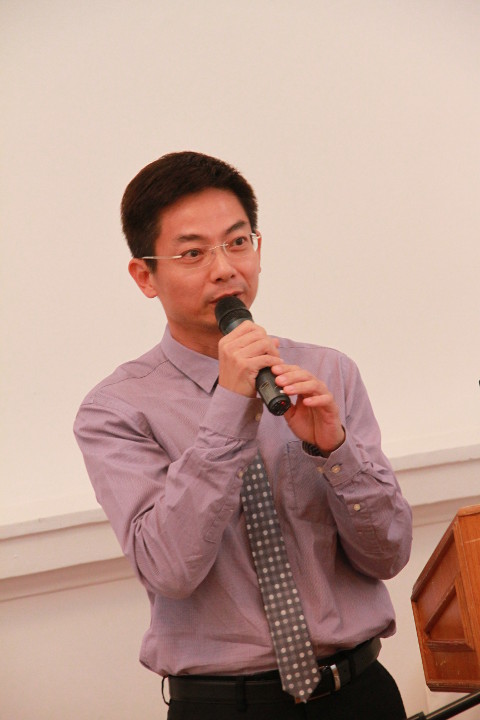Heard of the maxim “When you go to a casino, stick to the games that you know how to play, lest all your monies will be gone in a matter of minutes?” When it comes to investing, the same applies. Tan Ooi Sim Winston shares the basics of investing that we should know before we make our investing decisions.
⇒ Related Read: 3 Important Things To Consider Before You Invest
Know The Different Rates
Simple Interest Rate: Do not take into account the interests that your initial principal monies have accrued over the years. The interest is simply calculated from the principal you have set aside.
Compound Interest Rate: Take into account your principal and interests accrued over the years. Common layman term “Interest will keep rolling over”. Most financial instruments and loans, e.g. bank savings, fixed deposits, housing loans typically use this interest rate.
Nominal Interest Rate: Interest rate that have not taken inflation rate into account. Interest rates quoted for bank savings, fixed deposits typically use nominal interest. (Nominal Interest = Real Interest + Inflation)
Real Interest Rate: Interest rate that have been adjusted to reflect inflation. The actual net interest that a person enjoys after taking away inflation. (Real Interest = Nominal Interest – Inflation)
Inflation Rate: Rate at which the general level of prices for goods and services is rising and the rate at which your purchasing power is falling. Average compounded inflation rate for Singapore since 1980 has been 1.98% per year. (See SingStat website for more details)
Deflation Rate: The opposite of inflation, where general prices for goods and services are decreasing. Has the side effect of increased unemployment since there is a lower level of demand in economy, which may lead to economic depression (e.g. Japan since 1990).
How will interest rates affect me and my hard earned money?
Recall my last article on emergency and spare funds? If the returns of your spare funds are giving you interest that is lower than the average compounded inflation rate, you need to seriously think of putting your monies elsewhere. There are many instruments that provide higher interest rates over the medium – long term. Do remember to follow the guidelines I have outlined on how you should divide your monies into different pots of monies and where you should invest in my article ‘Different Pots of Money and Investment Asset Classes’.
When interest rates go up, it typically has a dampening effect on the stock market (equities) as disposable income decreases. The yield gap between safer and riskier instruments may also prompt investors to switch their investment strategies to safer instruments, e.g. Newly issued Bonds.
In an environment of increasing interest rates, older bond prices typically also decrease, as it no longer makes sense to buy older bonds with lower interest rates.
Property prices also tend to decrease in an increasing interest rate environment due to the higher costs of borrowing for mortgage loans.
The inverse will happen for the above asset classes when interest rates decrease.
Should I invest using Cash, SRS, CPF OA or CPF SA?
- Cash
Where do people normally park their cash savings? Either in a bank savings or fixed deposit account. These accounts typically give returns that are lower than the inflation rate. I would strongly advise my clients to invest their spare cash compared to their other resources as historical returns for their spare cash are typically the lowest. Depending on their risk profile, they may invest in endowment bonds, equities or endowments.
- Supplementary Retirement Scheme (SRS)
SRS is a voluntary retirement scheme that all Singaporeans can opt for before they reach their retirement age. Contribution to this scheme is voluntary and Singaporeans can open an SRS account with any of the local banks. One can contribute up to S$12,750 a year into the account. After opening an account, one can decide if they want to make contributions or not in subsequent years.
SRS contributions can be exempted from tax. Banks will notify IRAS on your contribution during the income tax season.
However, one can only start withdrawing from their SRS account only when they hit age 62. And the amounts must be withdrawn out within 10 years. Half the withdrawn amount is subjected to the prevailing tax rate thence.
Also, SRS account interest rates are the same as a normal bank savings account rate. Hence, people are strongly encouraged to use their SRS monies for investments in either Unit Trusts/Investment Linked Funds.
I would advise clients to set aside monies for their SRS only when they are very sure this pot of money is for their retirement. The benefits of doing so are: disciplined investing and tax benefits.
For additional information on SRS, you may visit the Ministry of Finance website.
- CPF Monies
CPF OA (Ordinary Account) has an interest rate of 2.5% per year, while CPF SA’s (Special Account) interest rate is 4.0% per year. I would typically advise my clients to invest their spare funds in their CPF OA. Because over the long term of more than 10 years, the chance of investments outperforming the CPF OA interest rates is relatively high.
However, for CPF SA, it may not be advisable to invest for the following reasons. The CPF SA interest rate is 4% per year. Clients may be unwilling to invest knowing they are already assured of a “relatively” high interest rate.
Secondly, there are limited options for investing CPF SA monies. As CPF SA monies are used for your future retirement, CPF board has restrictions on how you can invest these monies. Unit Trusts/Investment Linked Funds where one can invest are typically low to medium risk. By restricting investment options, your overall investment portfolio may not be properly diversified.
I would not normally advise my clients to invest their CPF SA monies unless they are very sure and firm of their reasons to invest.
Do share your thoughts, ideas and questions on The New Age Parents Facebook Page or you could simply drop me an email at tanooisim_winston@hotmail.com.
By Tan Ooi Sim Winston, Chartered Financial Consultant< This article was first published in The New Age Parents e-magazine.
How To Invest And Grow Your Money Series:
Part 1: Important Things To Consider
Part 3: Different Investment Styles
Part 4: Important Indicators To Look Out
Part 5: Important Facts To Know Before Investing
If you find this article useful, do click Like and Share at the bottom of the post, thank you.
Like what you read and want more? Receive our latest articles and giveaways when you sign up on our mailing list here.



























































Leave a Comment: